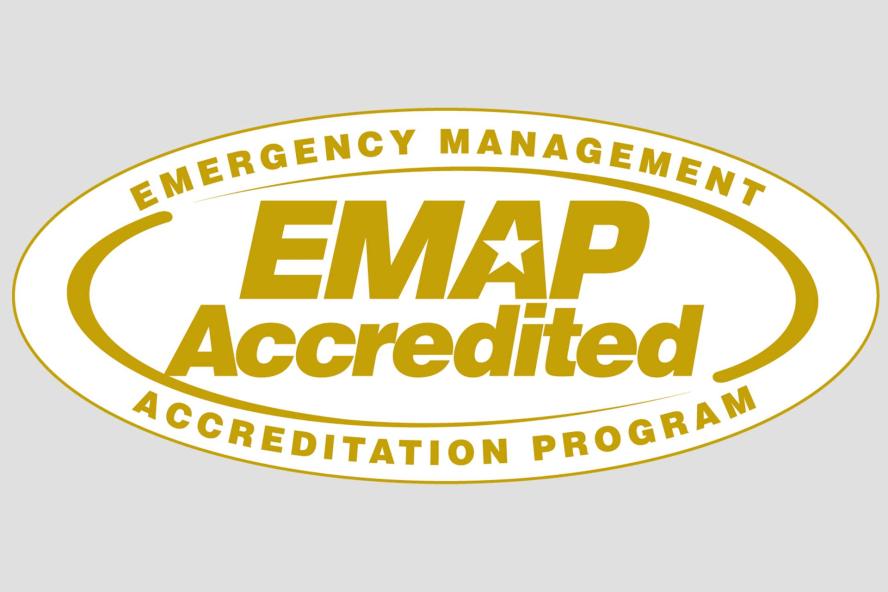Tufts University Awarded EMAP Accreditation

Tufts’ emergency management program has been awarded accreditation by the Emergency Management Accreditation Program (EMAP), making it the first program of a private institution of higher education to be accredited by EMAP and fulfilling the keystone goal of the program’s Multiyear Strategic Plan.
The university’s emergency management program is a whole community effort that involves departments and people throughout the institution, not just the Office of Emergency Management. The program is assessed against an industry standard – the Emergency Management Standard – that is developed by emergency management professionals with public input, and updated every three years to remain current and relevant.
Emergency management accreditation is a voluntary process that allows organizations to demonstrate excellence and accountability in emergency management. Since 2010, the Office of Emergency Management has looked to the Emergency Management Standard as a blueprint for building a thorough program to support university resilience. An assessment by peer professionals validates our efforts, and helps us also to identify areas to improvement with the benefit of an outside perspective, allowing us to strengthen capabilities before they’re needed in a disaster.
A team of assessors was on campus August 7-11, 2017 to review our collective plans, policies and procedures, conducting interviews, and witnessing demonstrations. The assessors were experienced emergency management professionals who work for other institutions of higher education and government agencies from around the country and sought evidence of if and how Tufts complies with 64 standards and 104 individual elements. The assessment team prepared a detailed report of their findings, which was then reviewed by a Program Review Committee before the EMAP Commission voted on Thursday, October 26, 2017 to award the University accreditation.
The Emergency Management Accreditation Program (EMAP) was created by a group of national organizations to foster continuous improvement in emergency management capabilities. It provides emergency management programs the opportunity to be recognized for compliance with industry standards, to demonstrate accountability, and to focus attention on areas and issues where resources are needed.
The ANSI/EMAP 4-2016 Emergency Management Standard by EMAP is the set of 64 standards (and 104 elements) by which programs that apply for EMAP accreditation are evaluated. The Emergency Management Standard covers: Program Management, Administration and Finance, and Laws and Authorities; Hazard Identification, Risk Assessment and Consequence Analysis; Hazard Mitigation; Prevention; Operational Planning and Procedures; Incident Management; Resource Management, Mutual Aid and Logistics; Communications and Warning; Facilities; Training; Exercises, Evaluations and Corrective Action; and Public Education and Information.
As of October 2017, there are nearly 100 accredited programs including the City of Boston and Commonwealth of Massachusetts.